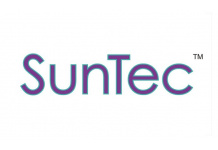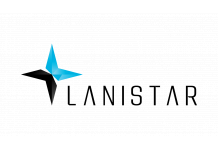The World’s First Green Fintech Taxonomy Launched by...
- 29.11.2021 09:55 am
Reuters Next Returns With Over 150 World Leaders to...
- 22.11.2021 12:10 pm
Six out of 10 Leading Banks in Oman Go Live with...
- 15.09.2021 02:20 pm
Cabital Picks Sumsub to Verify European Crypto...
- 07.09.2021 06:27 pm
AML, KYC and Sanctions Fines for Global Financial...
- 17.08.2020 02:57 pm
Lanistar chooses W2 to power its new banking...
- 05.08.2020 09:57 am
Huobi Tech’s (1611.HK) Asset Management Subsidiary...
- 04.08.2020 07:33 pm
Finch Global launches fintech digital passport to make...
- 24.07.2020 02:12 pm
EQ launches new automated complaints product for the...
- 02.07.2020 12:49 pm
FSS Technologies signs Emrys La Carte for Issuance...
- 23.06.2020 02:15 pm
The Global Legal Entity Identifier Foundation opens...
- 23.06.2020 12:34 pm
Meritsoft and Taskize collaborate on Enhanced CSDR...
- 18.06.2020 01:32 pm






















